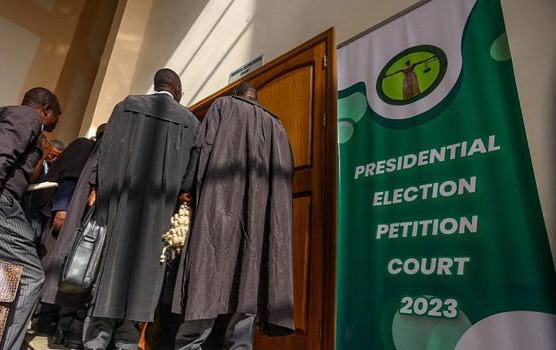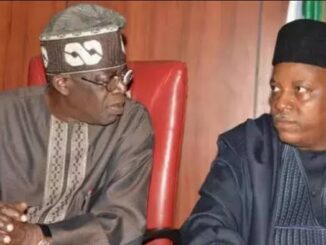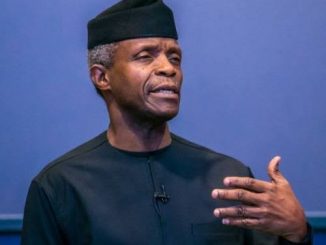
By Steven Haastrup
As I keenly observed the proceedings of the Presidential Elections Tribunal in Abuja, Nigeria, on September 6, 2023, I found myself contemplating whether the opposition in Nigeria could have presented a more compelling case. Were there untapped opportunities for improvement? Could they have formulated a stronger argument?
Doubts also arose regarding the integrity of the judges presiding over these cases. Had any undue influence tainted their decisions? Did they diligently review the evidence presented before them? Did they maintain objectivity when assessing the grievances of the parties, particularly concerning INEC’s conduct?
Another perspective emerged, suggesting that the judges should not limit their focus to election-related matters alone. Indeed, numerous issues could disqualify a candidate declared winner by the Independent National Electoral Commission (INEC). However, the judges seemed to dismiss many of these concerns, leaving many to question whether their decisions were just or unjust, depending on your point of view.
Now, let’s delve into the core issue at hand: the election fraud case. Could more have been done to substantiate these claims by the opposition? Could data have played a pivotal role? Imagine a well-executed data operation, orchestrated with the support of individuals spread across the country’s 170,000 polling booths. Could it have meticulously uncovered instances of fraud and compelled both INEC and the judiciary to render judgments based on irrefutable data presentations?
Could a more effective data operation have yielded greater results? From what we all saw, we can all agree, irrespective of our party affiliations, that only the judges hold the answer to whether such an approach would have swayed the legal outcome because, for many, this judgment showed how legal technicalities and explanations can overshadow tangible evidence.
Should the opposition create and mature its nationwide capabilities to seamlessly collect and automate data in the future, will it make a difference? Will it influence outcomes? Will it be deemed admissible in the courts of the tribunal? Can we predict how the political and judicial systems would react to such precision and accuracy? Will technicalities rule again when that time comes? These are the questions that must echo through the hallowed halls of justice and the minds of Nigerians, irrespective of how the Supreme Court rules when the opposition appeals.
• Haastrup is the head of operations for Principal Intel and lead consultant for Cardinal Politico




